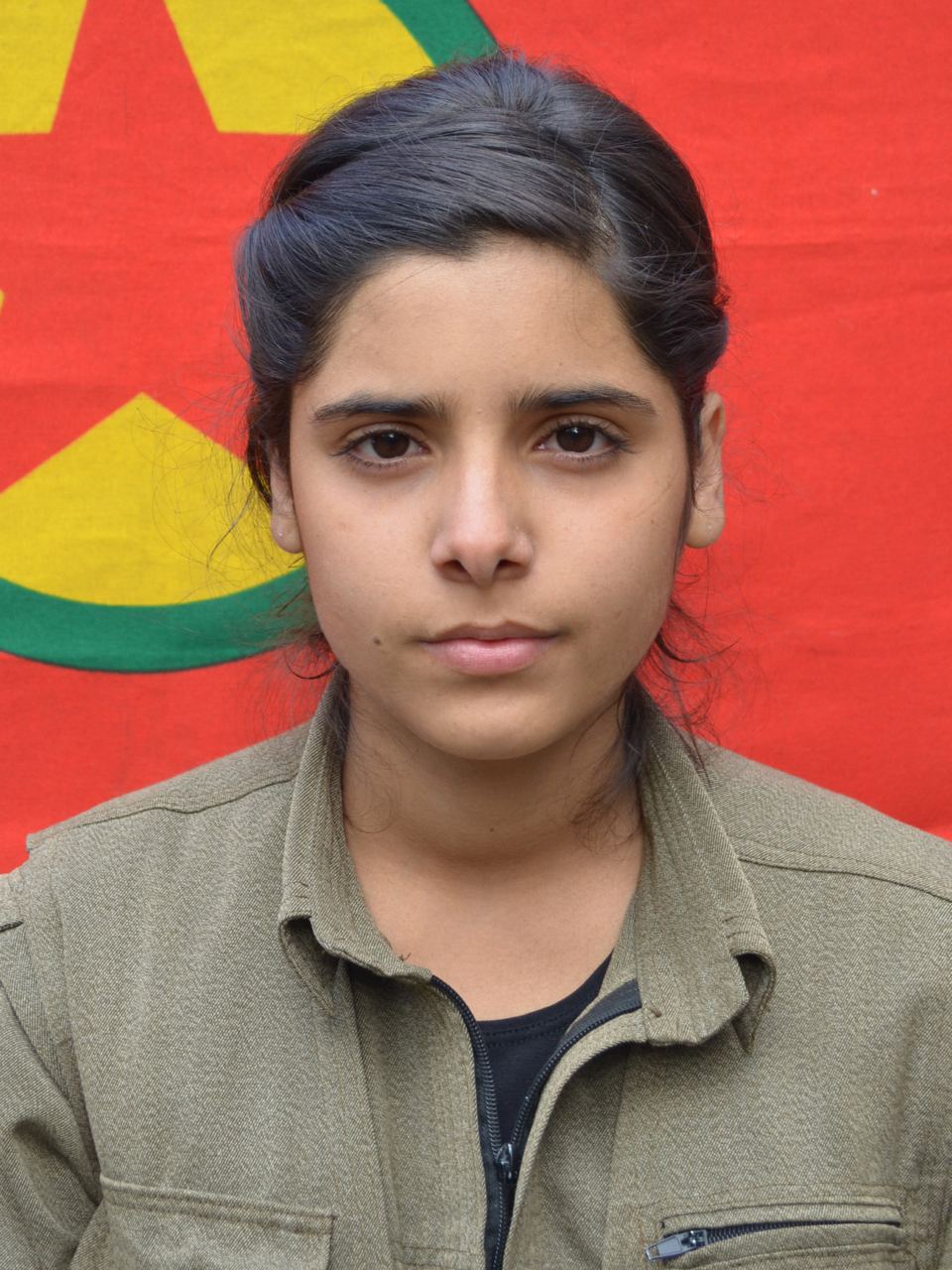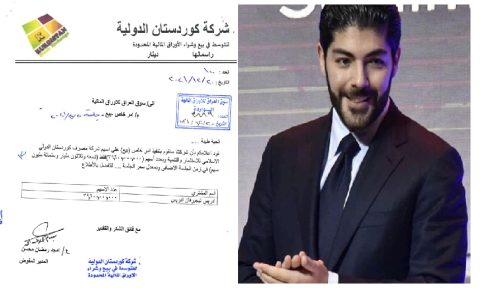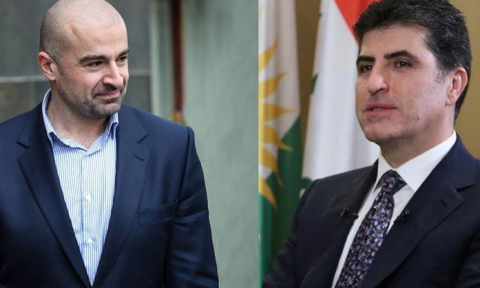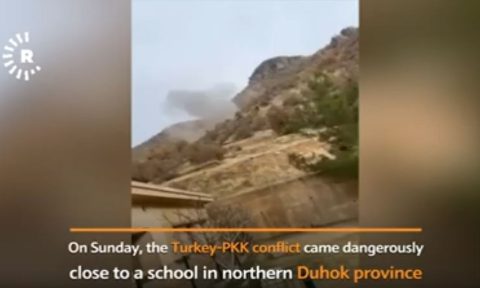The PKK and its affiliated groups continue to forcibly recruit children despite strong objections from their families.
The use of child soldiers is a grave human rights violation prohibited under international law. Images accompanying death announcements released this week by PKK-affiliated media showing a number of girls that have fallen victim to its war with Turkey in 2017 was just another horrific example of the well-established fact that children have been fighting in the PKK ranks, as well as its sister organizations PJAK and SDF.
Not only has PKK taken underage children to fight in a fruitless war under hard circumstances and imminent death, it has also kept their families waiting for any news, for five years long after their deaths, in vain. The girls on the pictures below died in 2017, their deaths were announce only in april 2022.
PKK has put their families through a process that can only be described as psychological torture, by giving them hope of ever seeing their child again, while it was long dead.
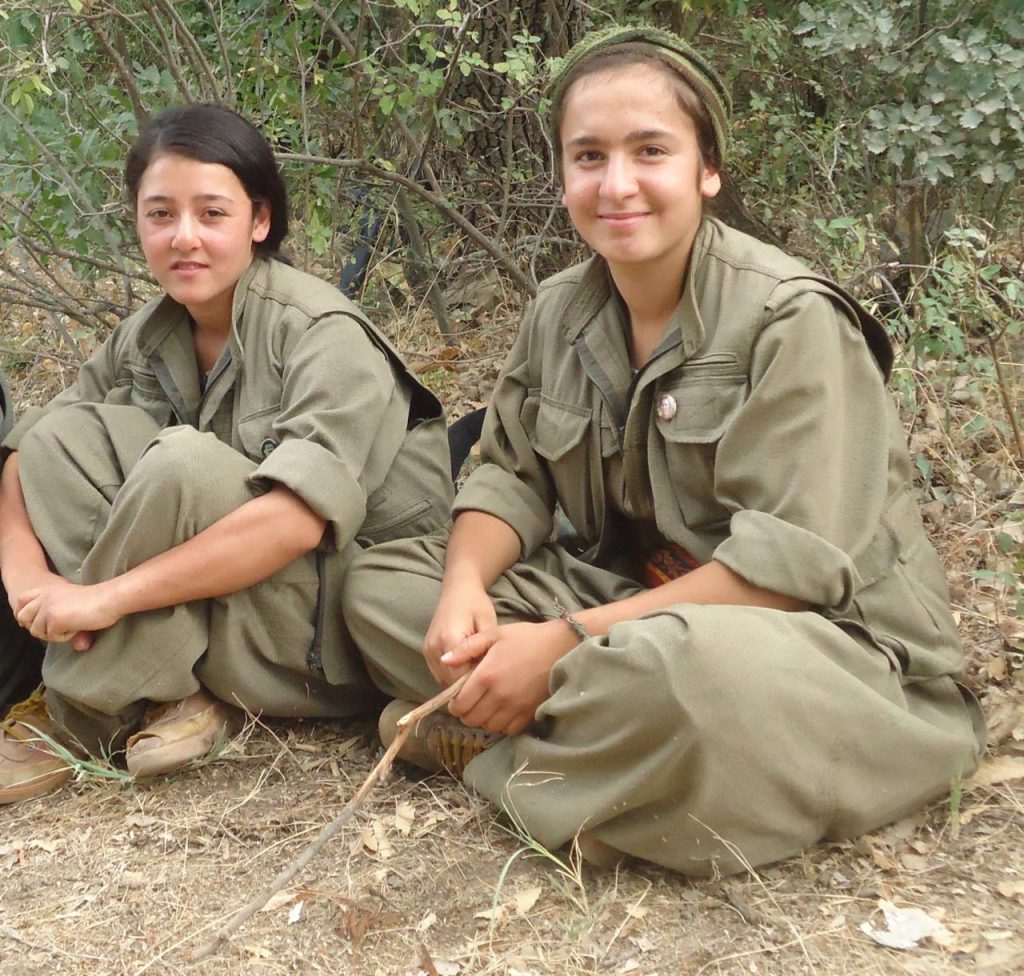
Recruitment of children under International Law
The recruitment of child soldiers in conflicts is prohibited under the 1949 Geneva Convention on the Protection of Civilian Persons. The Convention and its Additional Protocols prohibit the use of children under age 15 as soldiers, which is defined as a war crime by the International Criminal Court. Article 38(3) of the Additional Protocol II provides that children under 15 “shall neither be recruited in the armed forces or groups nor allowed to take part in hostilities.”
Moreover, the UN Convention on the Rights of the Child and its Optional Protocol prohibit children’s participation in hostilities. These conventions mostly concern states, and do not cover armed groups and terrorist organizations. However, these conventions provide a framework for individual and state responsibility under international law. They do not hinder the obligation of states which are parties to these conventions as well as the responsibility of their individuals. In this regard, there needs to be a focus on understanding why the PKKG uses child soldiers and how other states may help prevent the PKK’s use of children in their activities.
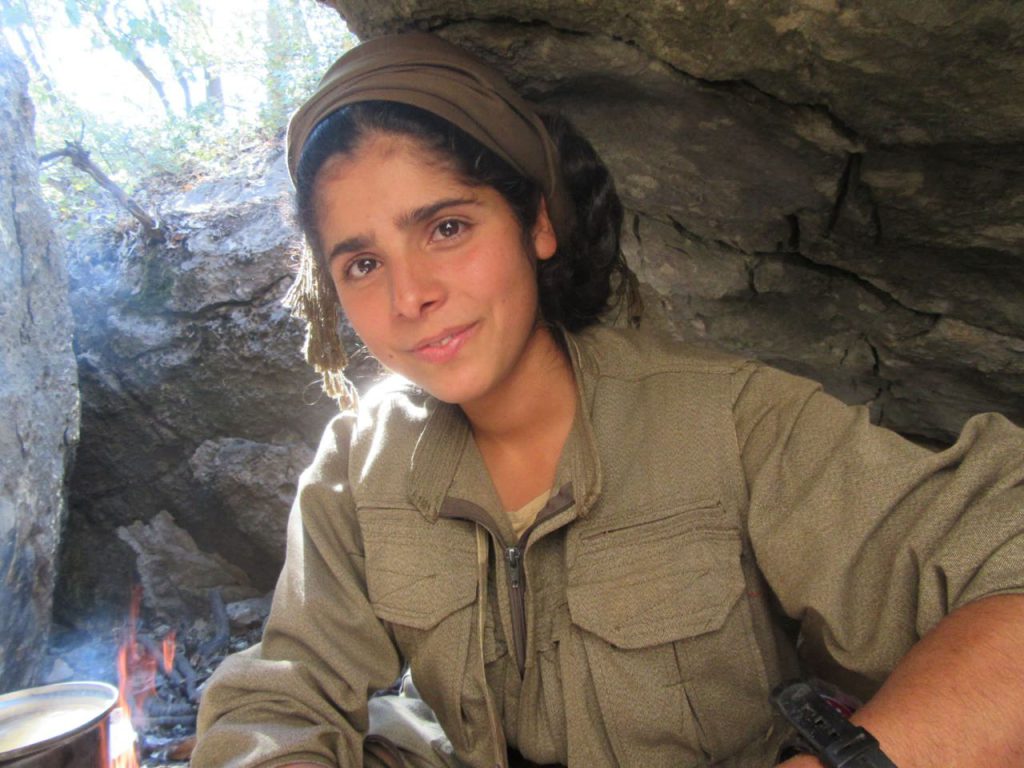
Why does the PKK continue to recruit underage members?
Despite knowing full well that international law prohibits the recruitment and use of children under 15 and their participation in armed activities, PKK leaders still prefer to continue this violation for three reasons.
First, children are used as a last resort by an armed group when they have no other means of support left in terms of manpower. The Lord’s Resistance Army in Uganda, the Revolutionary Armed Forces in Columbia, Boko Haram in Nigeria, the PKK in Syria, Iran and Iraq all dreadfully abuse children mostly when they begin to lose their power to maintain the conflict. While some children serve as porters, sentries, or cleaners, others carry weapons, exercise authority over others, and commit atrocities against adults and children alike. Even Nazi Germany started throwing 15-year-old “Hitler Youth” into battle in the final months of the war, as Germany was being overrun and devastated.
One can thus conclude that the PKK recruits children, as it is hard for them to find adult, consenting recruits.
Second, the targeting of child soldiers by the opponent raises moral and legal questions. Some hold that consciously targeting child soldiers, as opposed to adult combatants, is morally wrong.
Third, the PKK uses children to exercise control over the Kurdish populations in Iran, Turkey, Syria, and Iraq. The PKK has long been trying to mobilize Kurds against their central governments, and drive Kurdish communities toward an atmosphere, and a psychology, of “total war.” Also, when a child is entrapped in an armed group, their families are likely to comply with requests/orders from this group, in order to ensure the safety of their child. This explains why many civilian actors of this group in the territories they target, often appear relatives of PKK members.
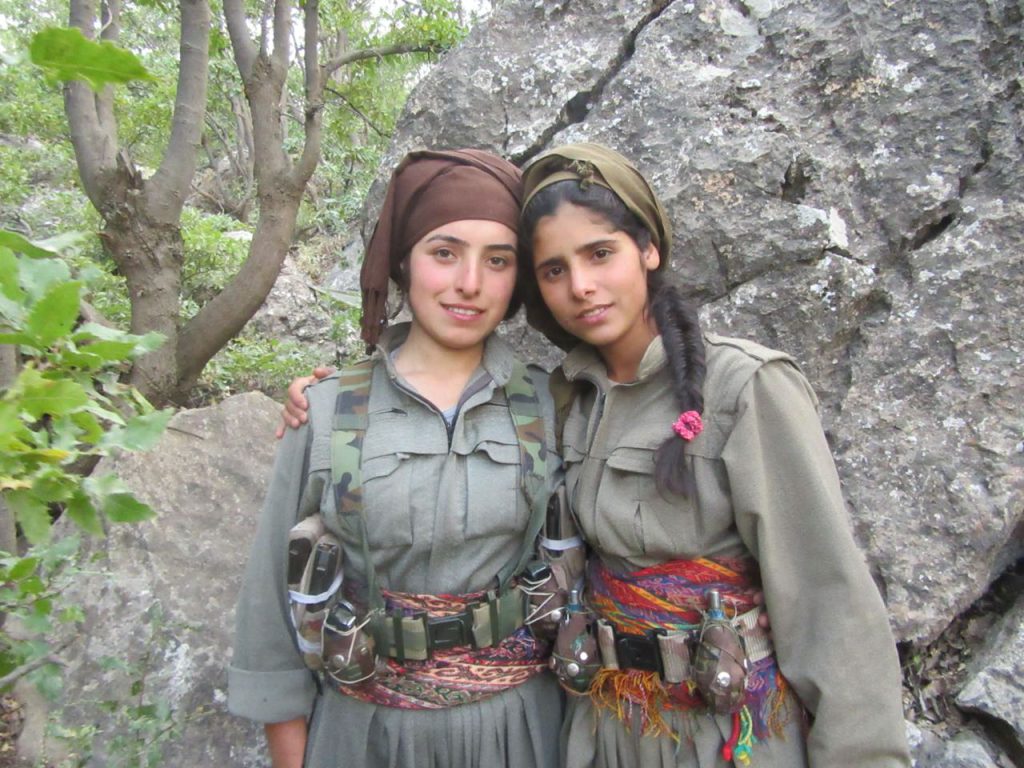
Who should respond?
In order to effectively respond to the problem of child soldiering, the international community needs to develop a political and legal mechanism.
Also, the international media must stop portraying possibly underage militants. Armed groups generally release footage and images of young, attractive militants in order to gain a broader public support in the same age category.
On the legal side, states should prioritize holding those who recruit them to account within their domestic legal systems, and pursue the fate of underage recruits through their diplomatic channels with the Kurdistan Region Government, as most training facilities and base camps of the PKK and PJAK are situated there.

